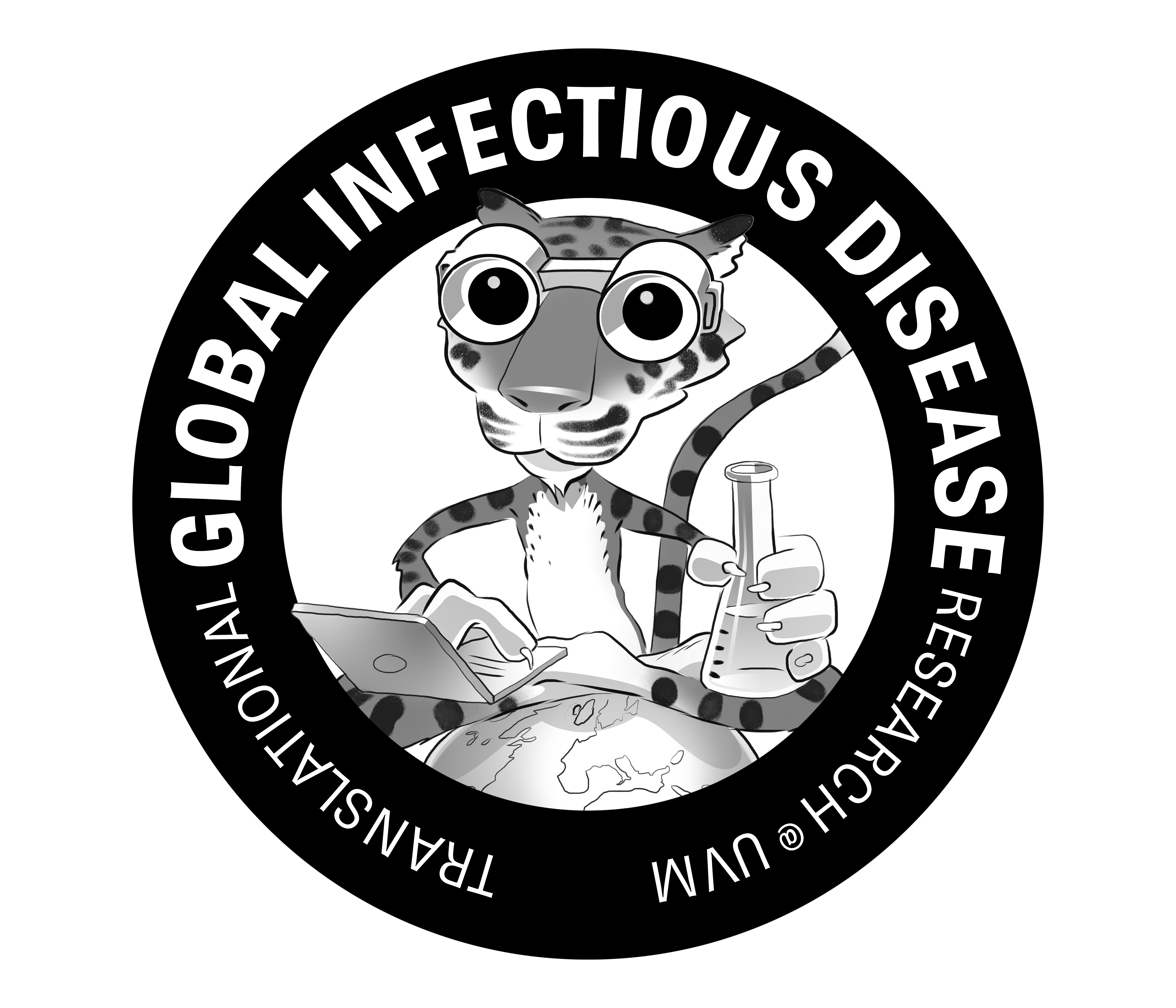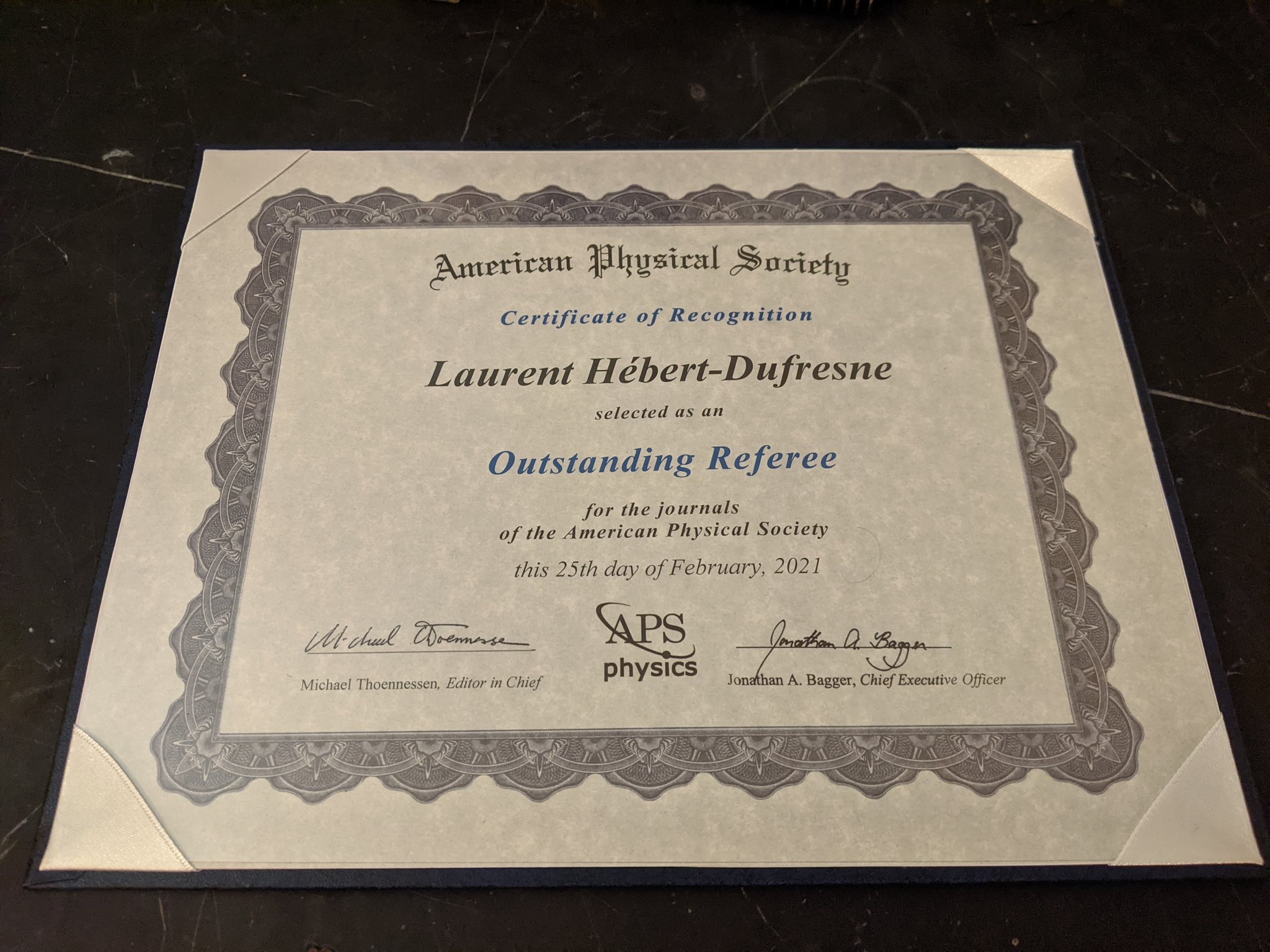About
Professor of Computer Science at the University of Vermont.
Core Faculty of the Vermont Complex Systems Institute.
External Professor at the Santa Fe Institute in Santa Fe, New Mexico.
External Professor at the Complexity Science Hub in Vienna, Austria.
Professeur associé au Département de physique, de génie physique et d'optique de l'Université Laval.
Editor-In-Chief of npj Complexity.
Research in Complexity, Network Theory, and Nonlinear Dynamics in Epidemiology/Biology/Sociology/Ecology
News
-
npj Complexity

Over the last three years, I have been working with the Nature Portfolio to launch npj Complexity; a Nature Partner Journal focused on all complexity and complex systems research.
We had a soft launch back in 2023 and started publishing last year, in time for NetSci 2024 which we organized, sponsored, and hosted in Québec. The journal has been growing strong and we are now celebrating our first official anniversary with special collections on artificial life, information warfare, and group decision-making.
P.S. News here are sporadic: Efforts related to npj Complexity can be found on the journal homepage, while updates related to my research group are on the websites of our Joint Lab, TGIR Center or Vermont Complex Systems Institute.
-
New Joint Lab Website
Over the last few years, Jean-Gabriel Young and I have formed the Joint Lab. Most news and updates will be posted on the Joint Lab website going forward.
-
TGIR Center Renewal

We received news last month that our Translational Global Infectious disease Research (TGIR) Center was renewed for another five years with a generous award from the NIH. I will continue serving as Director for our Mathematical & Computational Predictive Modeling Core.
-
APS Outstanding Referee Award

I was awarded with a lifetime appointment to the American Physical Society’s Outstanding Referees program. This is an incredible honor. I am also proud to be the first awardee from the University of Vermont!
-
Virtual CNWW, and real new projects
Our team led by the great Juniper Lovato recently wrapped up our Virtual Complex Network Winter Workshop (or CNWW) which I thought was an amazing experience. One of our participant collected a summary of the projects on Twitter. Speaking of collaborations and teamwork, we are also looking to the future: Our OCEAN project is now focusing on attribution of contributions in open source projects (see our piece in Nature Computational Science) as well as distributing funding to related projects. Exciting times ahead!
 Laurent Hébert-Dufresne
Laurent Hébert-Dufresne